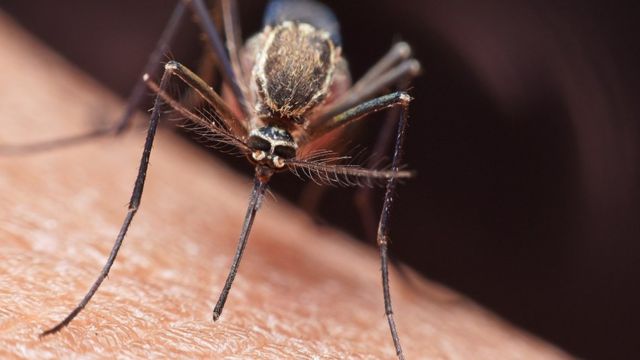Kano: Over 3.1m children to receive supplements against malaria – commissioner
By Uzair Adam Imam Over 3.1 million children would receive supplements against malaria, while 2.8 million children would be dewormed, the Kano state commissioner for Health, Dr Aminu Ibrahim Tsanyawa,…

